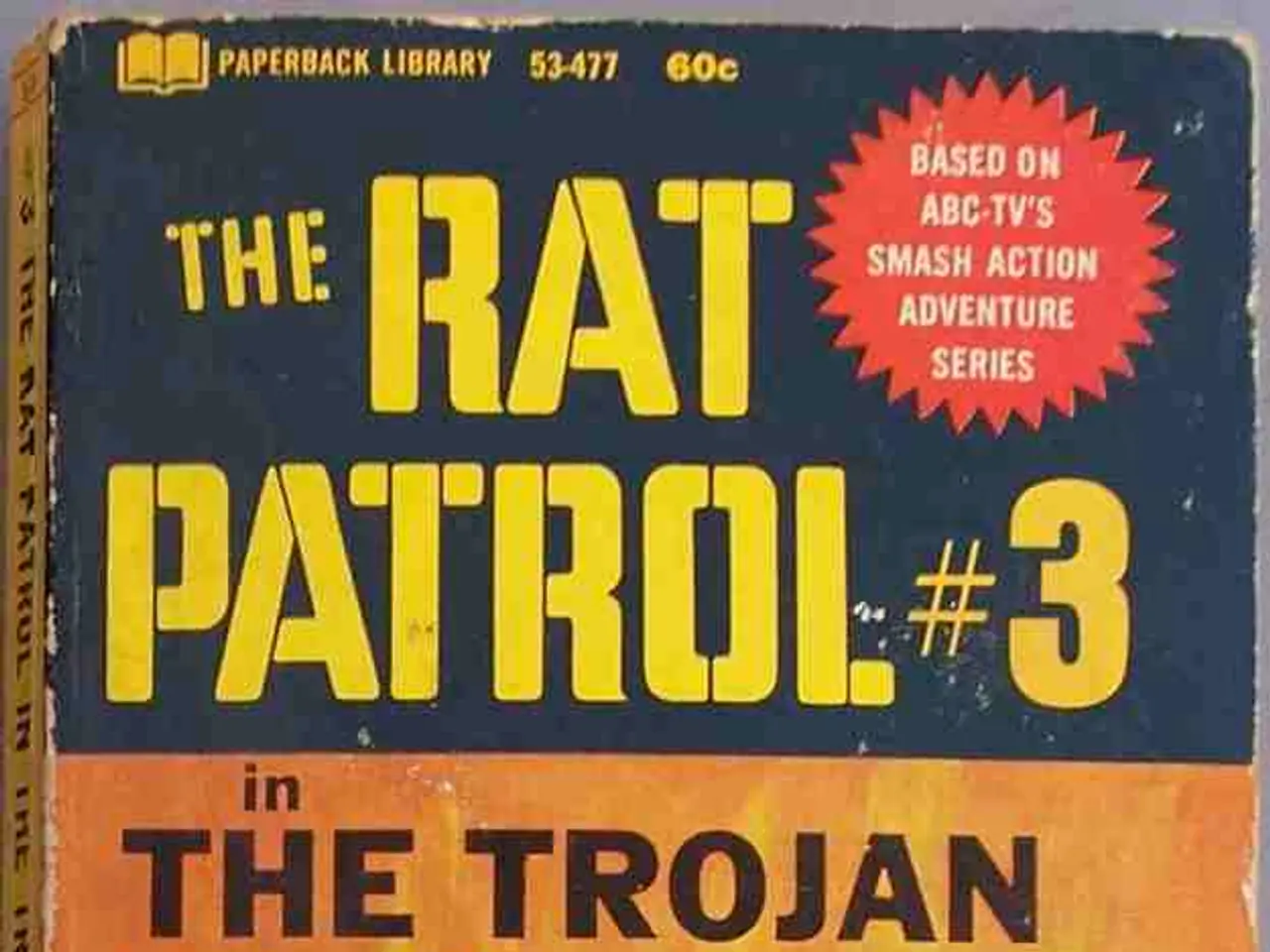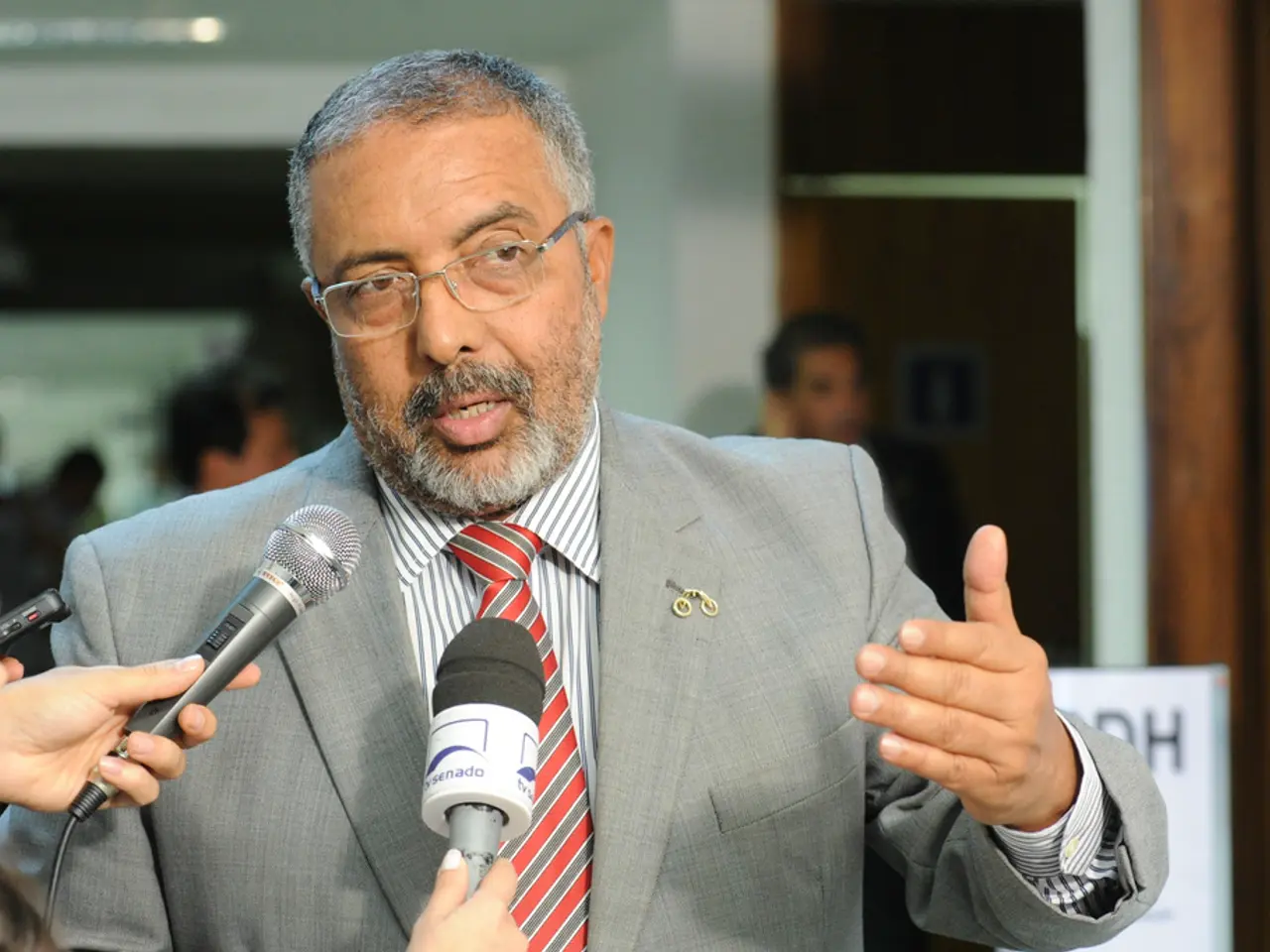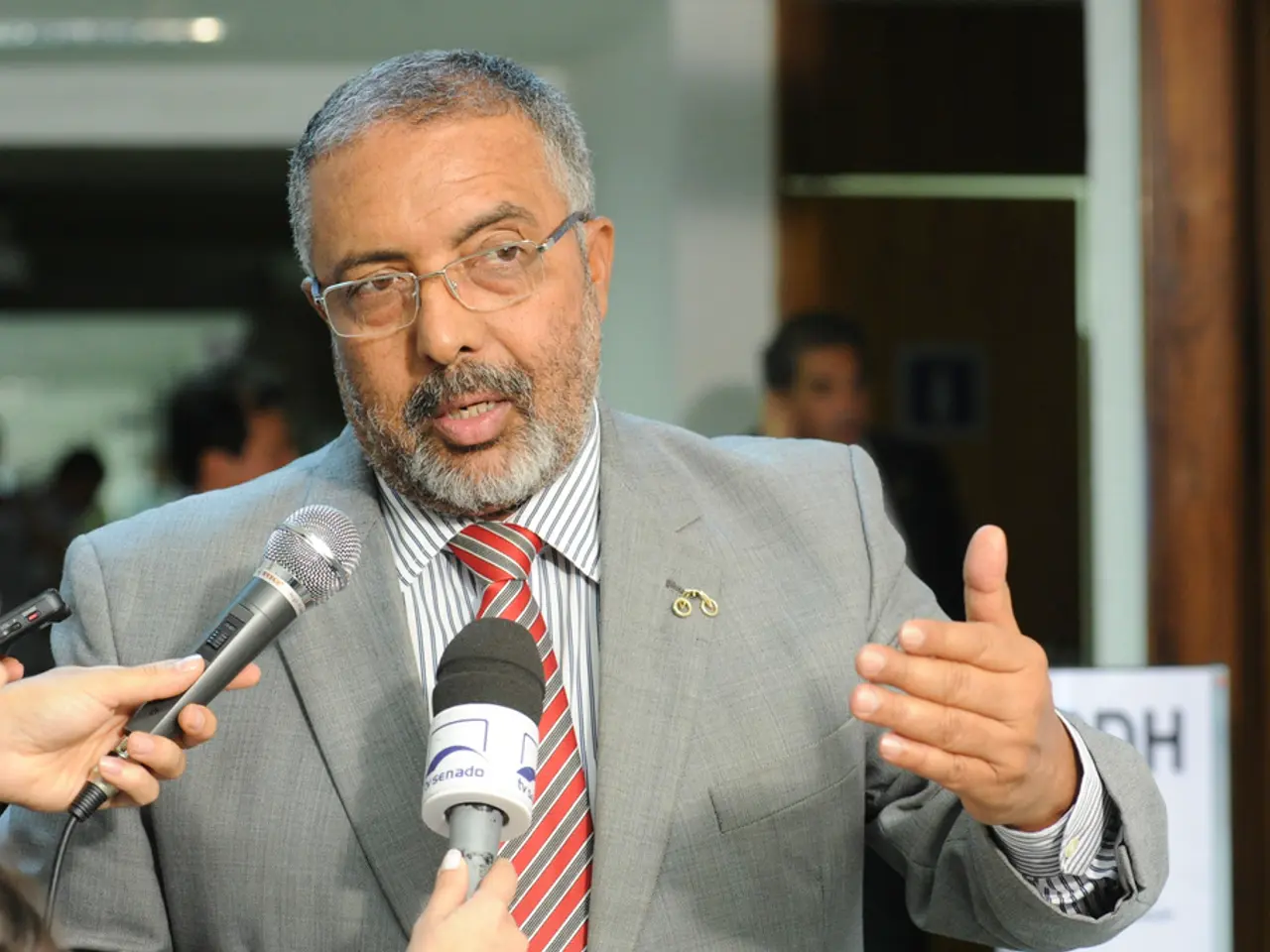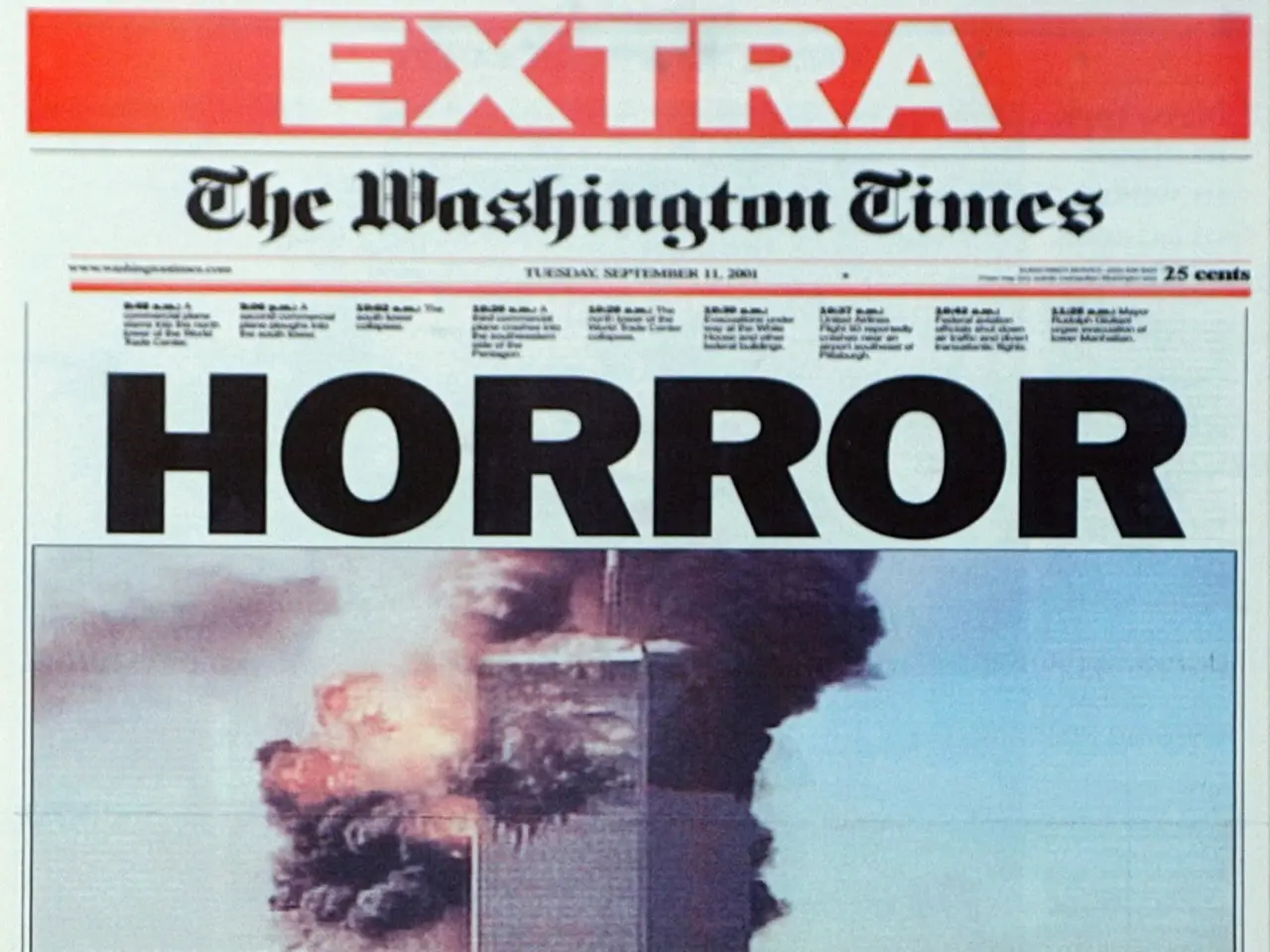Cynical discourse from Lukashenko in a master class setting
Lukashenko's Unexpected Defense of Iran's Nukes
When the guns finally fell silent in the ongoing conflict between Iran and Israel, the seemingly quiet Belarusian president, Alexander Lukashenko, decided to let loose. In a surprising move, he publicly opposed the strikes on Iranian nuclear facilities, leaving some scratching their heads in confusion. Solidarnasc digs deeper to expose the political games Lukashenko might be playing.
Experts previously suspected Lukashenko of holding his tongue, waiting for a strategic moment like the visit of the US President's special representative, Kurt Volker, to Minsk, to let loose with his pro-Iranian rhetoric. However, it's his latest comments, made during a meeting of the Supreme State Council of the EAEU, that have turned heads.
"The recent attacks on Iranian nuclear facilities under IAEA scrutiny are not only a blatant violation of international law, but they also flout the Nuclear Non-Proliferation Treaty and the 1949 Geneva Conventions," Lukashenko asserted. But to truly understand the irony behind his words, we need to delve into Belarus's own knotty relationship with nuclear energy.
Lukashenko himself was the driving force behind the construction of a Russian-designed nuclear power plant in Belarus, despite fierce public opposition and concerns from experts. He then turned a blind eye when Russian occupation forces crossed into the Chernobyl exclusion zone from Belarusian territory and temporarily captured the Chernobyl nuclear plant. During that turbulent time, Belarusians who protested the war were arrested across the nation.
It's worth noting that the damaged roof of the sarcophagus covering the destroyed reactor in Chernobyl, caused by a Russian drone in February of this year, sparked a long-lasting inferno. However, Lukashenko remained silent on the issue, failing to express any concern about the attack. Similarly, there were no objections from the ruler regarding the seizure of Europe's largest nuclear power plant in Zaporizhzhia by Russian occupiers. Considering that any potential explosion there would undoubtedly impact Belarus, one might expect a louder reaction from Lukashenko.
Even as he condemns external attacks on nuclear facilities, Lukashenko seems to overlook the log in his own eye – a log as large as an atomic mushroom cloud. Boasting about shielding Belarus with Russian tactical weapons, the leader is essentially drawing a large, tempting target onto the map of the country. One wonders why he then fails to show concern for the well-being of the very people who suffered the most from the largest nuclear disaster in history.
In a curious turn of events, while attacking external threats to nuclear facilities, Lukashenko seems to be offering a stark critique of his own actions and those of Belarus's closest allies. Despite the potential double standards and hypocrisy, one can't help but wonder if Lukashenko sees this as an opportunity to carve out a unique position for Belarus on the geopolitical stage, using the painful lessons of Chernobyl as a rallying cry against nuclear aggression.
- Solidarnasc explores potential political games Lukashenko might be playing, given his recent pro-Iranian rhetoric and contradictory actions regarding nuclear facilities, such as his silence on attacks on Europe's largest nuclear power plant in Zaporizhzhia by Russian occupiers and his lack of response to the damaged Chernobyl nuclear plant roof.
- Despite Lukashenko's advocacy for peace in the context of war-and-conflicts and his criticism of the attack on Iranian nuclear facilities, his silence on attacks on Belarusian nuclear facilities raises questions about his policy-and-legislation decisions, such as his approval of the Russian-designed nuclear power plant in Belarus and his lack of action against Russian occupation of the Chernobyl exclusion zone.
- In the realm of crime-and-justice, Lukashenko's apparent hypocrisy in condemning external nuclear aggression while maintaining a passive stance toward nuclear facilities within his own country and those of his allies, such as the seized Zaporizhzhia nuclear power plant, presents a complex picture that warrants closer examination within the context of general-news and politics.






